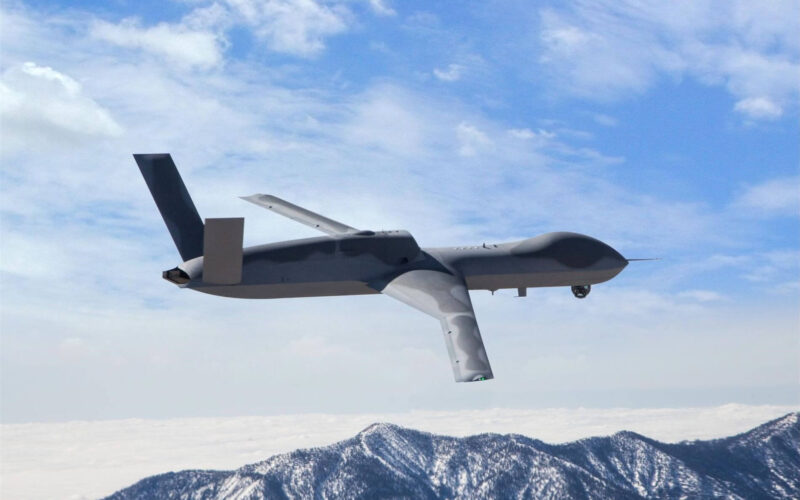USAF has completed the second test of the Skyborg autonomy core system (ACS), this time with the General Atomics MQ-20 Avenger drone.
The test flight had a duration of two and a half hours and, according to a press release of USAF Research laboratory, was a complete success.
Right after takeoff, the human controller transferred the command of the aircraft to the autonomy core, which performed a series of behaviors including responding to navigational commands, reacting to geographical limitations, adhering to traffic envelopes, and maneuvering.
This was the second flight for the ACS. It flew for the first time in May 2021, and commanded a Kratos UTAP-22 Mako drone.
The ACS is a “computer brain” – a program that will eventually allow drones to operate semi-autonomously. It was developed as a part of the Skyborg program, which aims to create “loyal wingmen”: drones that can accompany a fighter jet into battle, increasing its combat potential and performing missions that cannot be accomplished by a manned aircraft.
The drones would operate in a swarm, autonomously execute commands issued by a human pilot, and be attritable – cheap enough to be manufactured in large numbers and sacrificed if needed.
Three companies – Boeing, General Atomics, and Kratos – are working on the Skyborg project, which includes the development of suitable vehicles, software, and human-machine interfaces.
Major development programs to create loyal wingmen are undertaken by European, Australian, Japanese, Indian, and Russian militaries. The concept is considered as one of core ideas of sixth-generation fighter jets, but could also increase effectiveness of older combat aircraft.

